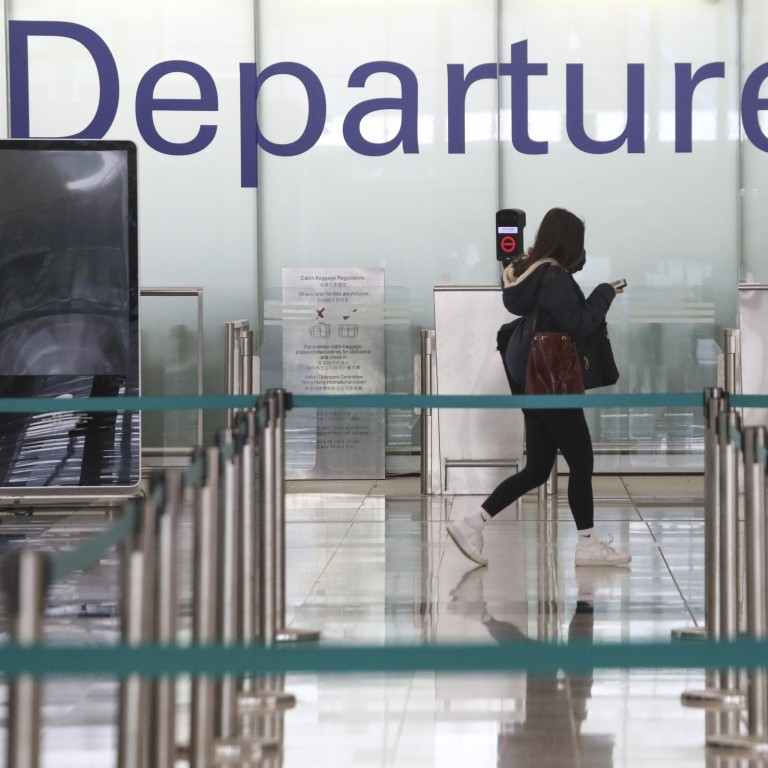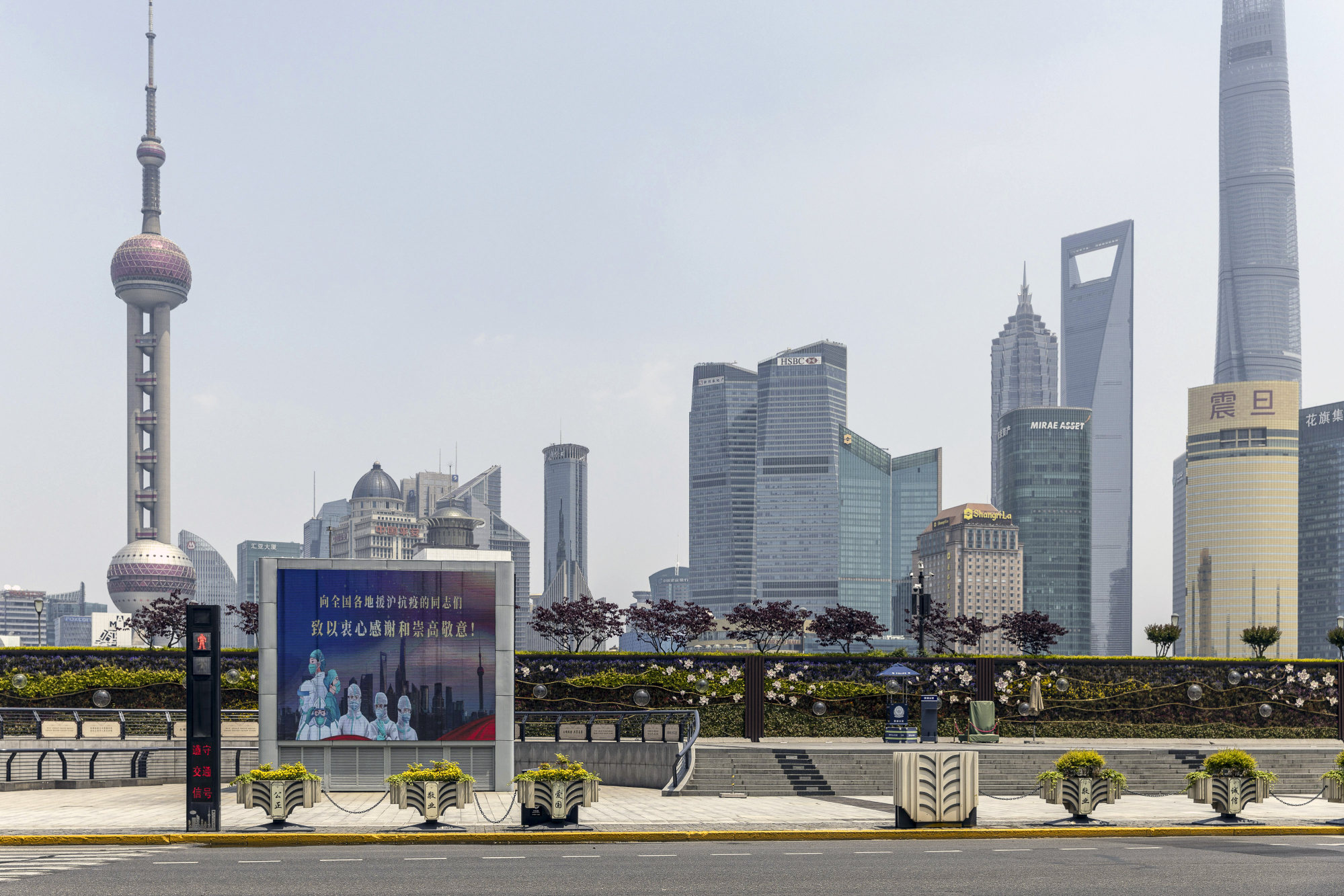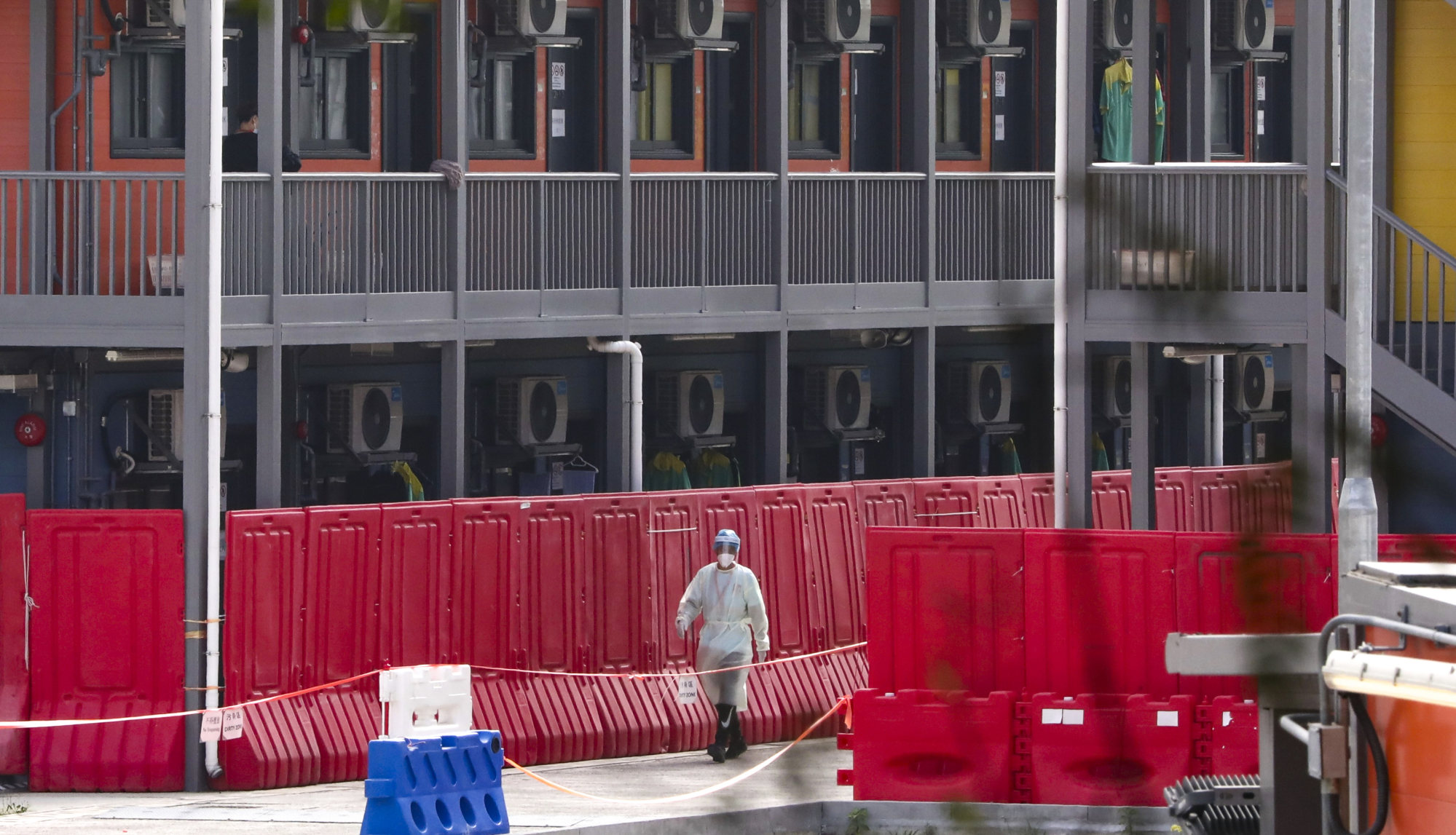
Emigrating mainland Chinese and Hongkongers could take combined wealth of US$65 billion with them, consultancy says
- Consultancy Henley & Partners predicts that 10,000 high-net-worth individuals will leave mainland China and 3,000 will depart Hong Kong this year
- The trend is likely to add to the woes of an already slumping property market that has been battered by the Covid-19 pandemic, agents said
Mainland China and Hong Kong could lose combined wealth of up to US$65 billion this year as more high-net-worth individuals (HNWIs) eye relocation amid tough Covid-19 restrictions and political uncertainties, according to Henley & Partners.
That would put 2022 second only to 2019, when departing millionaires worth US$100 billion left mainland China and Hong Kong. The trend is likely to add woes to an already slumping property market, which has been battered by the Covid-19 pandemic, agents said.
With average wealth of US$5 million, 13,000 HNWIs departing translates to an outflow of as much as US$65 billion in wealth, should they decide to take all their assets with them.

China is second only to the Russian Federation, which has been subject to tough sanctions owing to its invasion of Ukraine, in terms of losing millionaires. Hong Kong came in fourth in Henley’s list, following India.
“Recent turmoil is causing this shift,” said Dominic Volek, group head of private clients at Henley. “More investors are considering relocating their families to other countries for a range of reasons, from safety and security, to education and healthcare, to climate resilience and even crypto-friendliness.”
The number of HNWIs likely to leave the mainland is about 1 per cent of its total wealthy population. This offers “some comfort”, Henley said. However, with the rest of the world doing away with Covid-19 restrictions while Beijing sticks to its zero-Covid policies, the number opting to relocate could increase.
The number of wealthy mainland Chinese relocating to other countries has been on an upward trend, starting from 8,500 in 2013, to 15,800 in 2019, according to Henley. In 2020, with borders across the world shut down, a negligible number of affluent mainland Chinese left the country. Last year, 500 left.
Countries such as the UAE, Australia, Singapore, Israel and Switzerland are likely to see net inflows of wealthy residents this year, Henley said.
“The 2022 forecast reflects an extremely volatile environment worldwide,” said Juerg Steffen, Henley CEO. “By the end of the year, 88,000 millionaires are expected to relocate to new countries, 22,000 fewer than in 2019 when 110,000 moved. Next year, the largest millionaire migration flows on record are predicted – 125,000 – as affluent investors and their families earnestly prepare for the new post-Covid world, with an as yet-to-be revealed rearrangement of the global order and the ever-present threat of climate change as a constant backdrop.”
“We are seeing many people exit Hong Kong, and the primary reason is the handling of Covid-19, continued quarantines and the risk of being sent to [the government quarantine centre in] Penny’s Bay,” said Victoria Allan, founder and managing director of real estate agency Habitat Property.

“Most people exiting have owned their property for a long time, and they are becoming more realistic on pricing. But that is also due to the change in market conditions – stock market, crypto decline, rising interest rates, war in Ukraine – there are a lot of additional factors pushing the market down.”
One recent example of more realistic pricing is a homeowner at the Caribbean Coast development in Tung Chung, who recently sold a 734 sq ft flat for HK$8.88 million (US$1.13 million), 10.3 per cent lower than the original asking price of HK$9.9 million, according to Centaline Property Agency.


